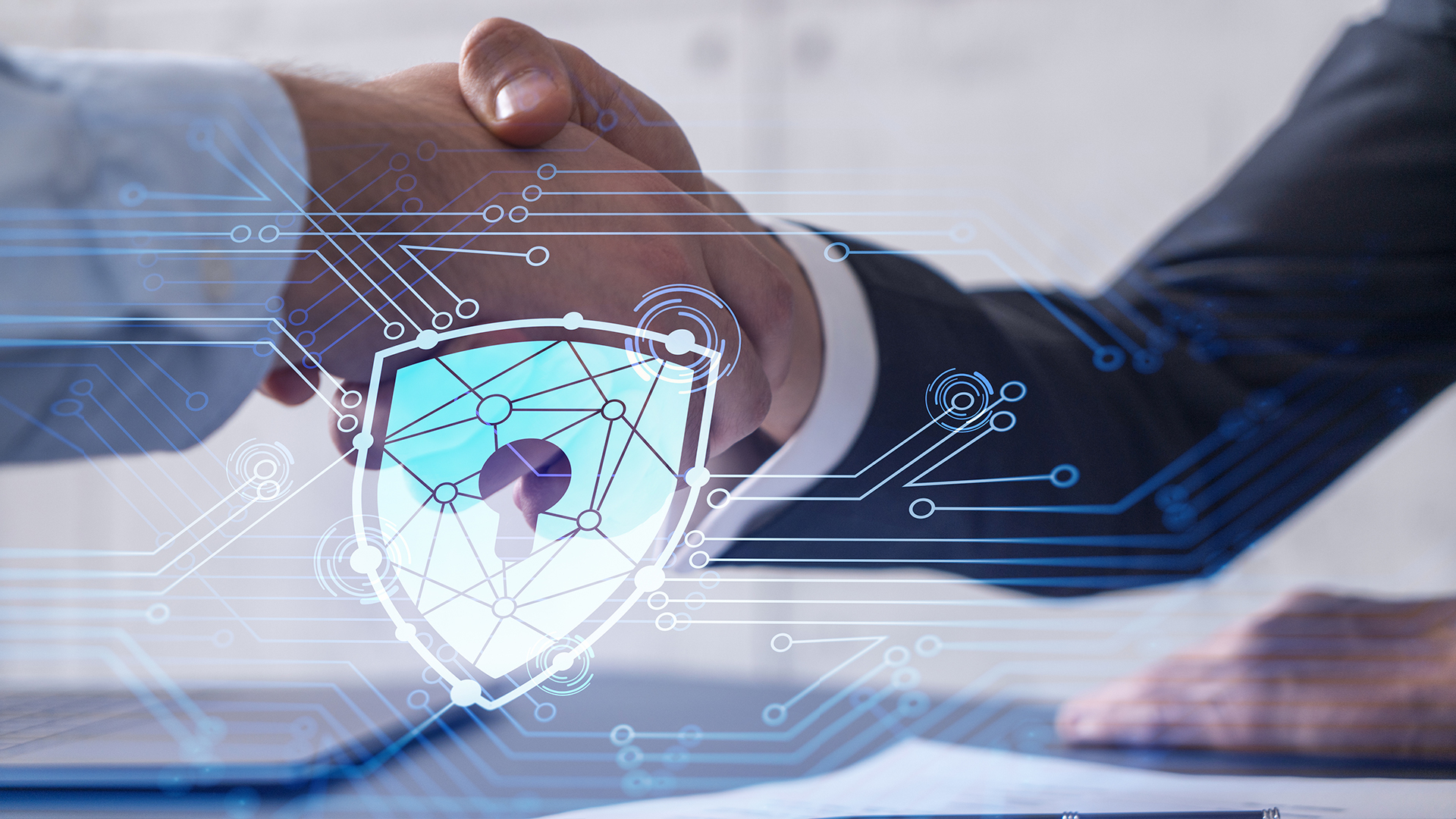Everyone’s Adopting This New Secret To Stronger Cybersecurity…
You can’t afford to assume a simple cybersecurity defense will actually protect you from the many cybercrime threats out there. This is precisely why so many businesses are adopting a zero-trust cybersecurity model.
Did you know that, on average, there’s a cyber attack every 39 seconds?
It could be a ransomware infection. It could be a phishing email. It could be one of the many other methods cybercriminals employ today.
The point is that cybercriminals have an extensive arsenal of weapons to attack with—are you hoping your lone firewall will be enough to keep your business safe from all of them? That’s a dangerous gamble to make…

Stop Making Dangerous Assumptions
Sophisticated attackers have learned to play the long game, and sneak malware into a breached network and then lay dormant for weeks or months, ensuring their method of entry isn’t discovered right away.
This gives them time to embed themselves, steal data, and more, all before they actually activate the ransomware and infect the systems. This is just one way in which cybercriminals are improving their tactics.
Fortunately, both the solutions we use to protect ourselves, and their underlying theory and strategy are under constant development in order to stay ahead of emerging threats.
Case in point: have you heard of “zero trust” security? According to Okta, adoption of this cybersecurity philosophy has doubled in recent years, and for good reason…
What Is Zero Trust?
The zero-trust approach to cybercrime assumes that every aspect is a potential vulnerability until it can be confirmed otherwise. That means instead of simply investing in a strong firewall and antivirus, and assuming you’re protected, every part of your IT environment and every user trying to access it is assessed for its security.
According to NIST SP 800-207:
“Zero trust security models assume that an attacker is present in the environment and that an enterprise-owned environment is no different—or no more trustworthy—than any non enterprise-owned environment.”
This means that an organization following a zero trust security model cannot, even by default, offer any trust in any interaction in their protected systems. Risks must be continuously assessed and mitigated, and access must be continuously verified.
It’s important for business owners to understand that every potential part of their network is a target. Given the overall connected nature of the systems, comprising one part can give the cybercriminals control over the entire environment.
3 Basic Components Of Zero Trust Architecture
Verify And Validate
Network users are continuously validated and verified in real-time, even when they’re operating from within the network. This ensures that unattended machines, open ports, or misassigned administrator rights cannot be taken advantage of.
Least-Privileged Access
The principle of “least privilege” is an important part of zero trust security. It ensures that every user is only given precisely the level of access they need to do their job. It’s like a cybersecurity equivalent of the intelligence concept, “need to know basis”.
Reduced Attack Surface
Organizations following a zero trust strategy must specify the most critical data and systems they use, and then defend them all together with a comprehensive approach to cybersecurity. This is far more effective than ad-hoc cybersecurity, composed of multiple separate defenses.
The Core Principles Of Zero Trust
As a way of thinking, zero trust is based on the following core principles and understandings:
Any source of data or computer source is a resource.
The bottom line is that any device or component that has access to data is a resource. These are assets that need to be secured, as any one of them can provide undue access to your data is breached.
Communication must be secured no matter where the network is located.
Communication taking place within the network should not be assumed to be trustworthy. Ir must face the same authorization processes as external communication.
Access to resources is authorized for each and every session
Just because a user was granted access for a previous session doesn’t mean they should have automatic access the next time (e.g. “staying logged in”). Furthermore, as mentioned above, any given task should only be completed with the least privileges necessary to do so.
Authorization to access resources should be determined based on a dynamic policy.
There is a wide range of attributes at play that can help properly authenticate a user requesting access to a given resource. Beyond simple username and password protection, a security system can also consider software versions, network location, time/date, as well as behavioral attributes like subject and device analytics, and deviations from pre-established user patterns.
Assets need to be monitored for integrity and adherence to security posture
As mentioned above, zero trust means never assuming trust, even for assets. Managing their integrity and security posture involves monitoring them for performance, and applying patches and updates as soon as they become available.
Access is granted only after a dynamic and consistent authorization process is completed.
An appropriate zero trust authorization process should include Identity, Credential, and Access Management (ICAM), asset management systems, multi-factor authentication (MFA), as well as continual monitoring with possible re-authentication and reauthorization as needed.
Extensive data must be gathered to maintain an informed security posture.
Organizations need to gather and analyze data on user behavior, asset performance, and all other aspects of their networks to ensure that monitoring processes are adequately informed.
Are You Interested In How Zero Trust Cybersecurity Can Protect Your Organization?
Our team will take care of each and every factor of your cybersecurity so that you don’t have to worry about it. Our growing network of clients enjoys the confidence that comes with robust cybersecurity, as well as the freedom to focus on their work, instead of their technology
If you’re interested in discovering more about zero trust cybersecurity and what it has to offer your organization, get in touch with our team.


